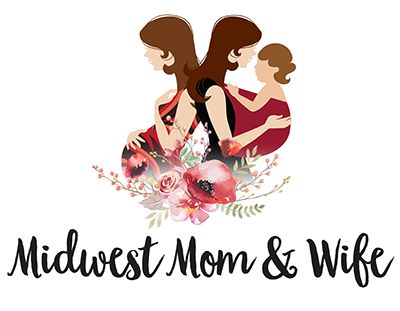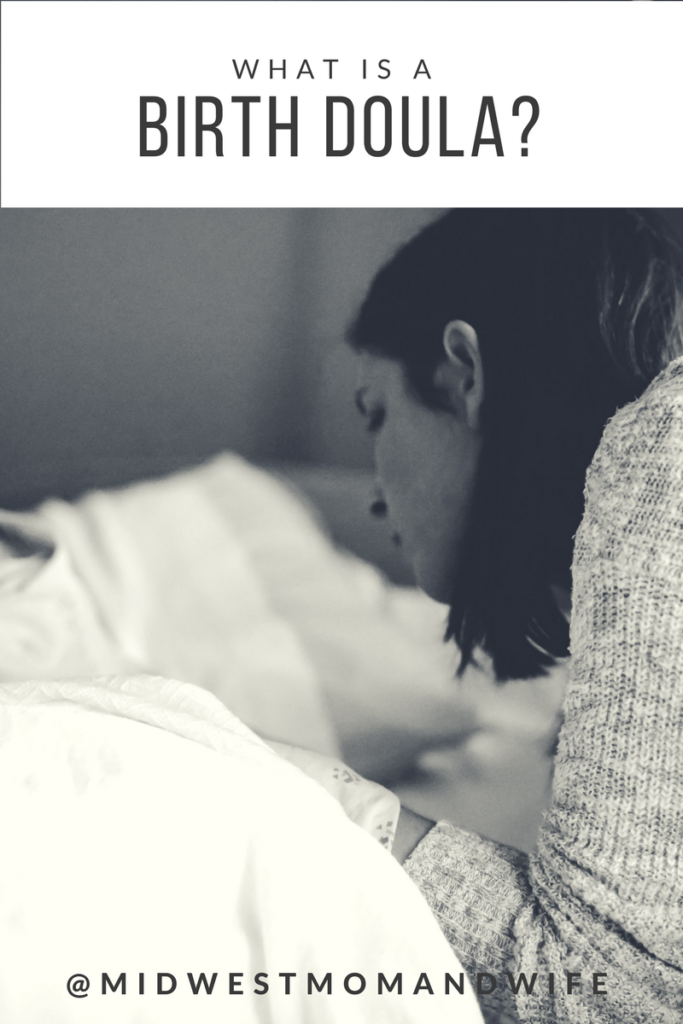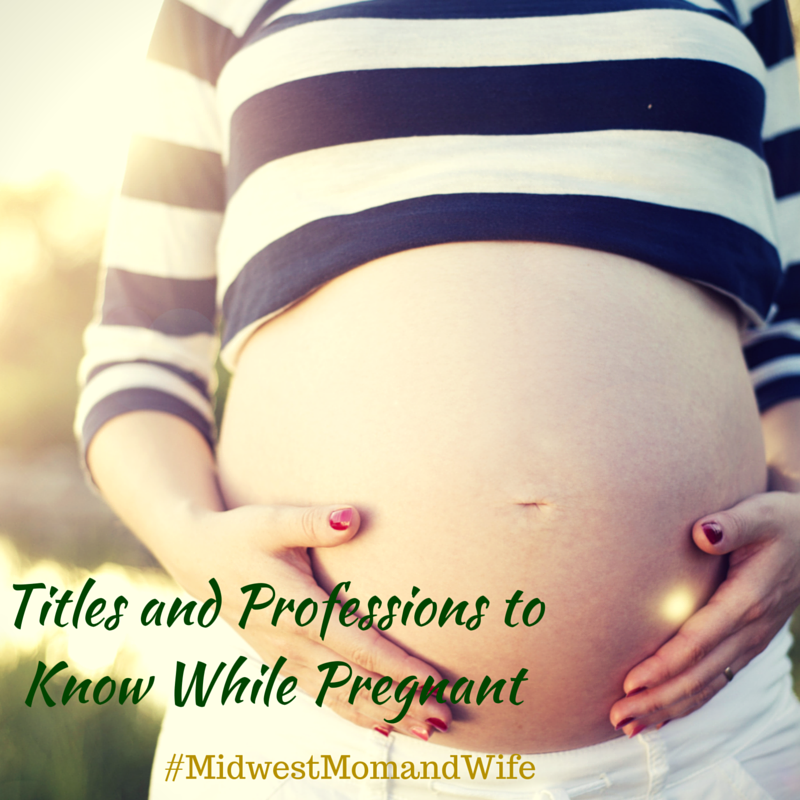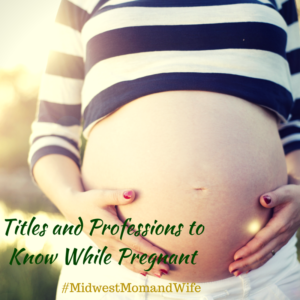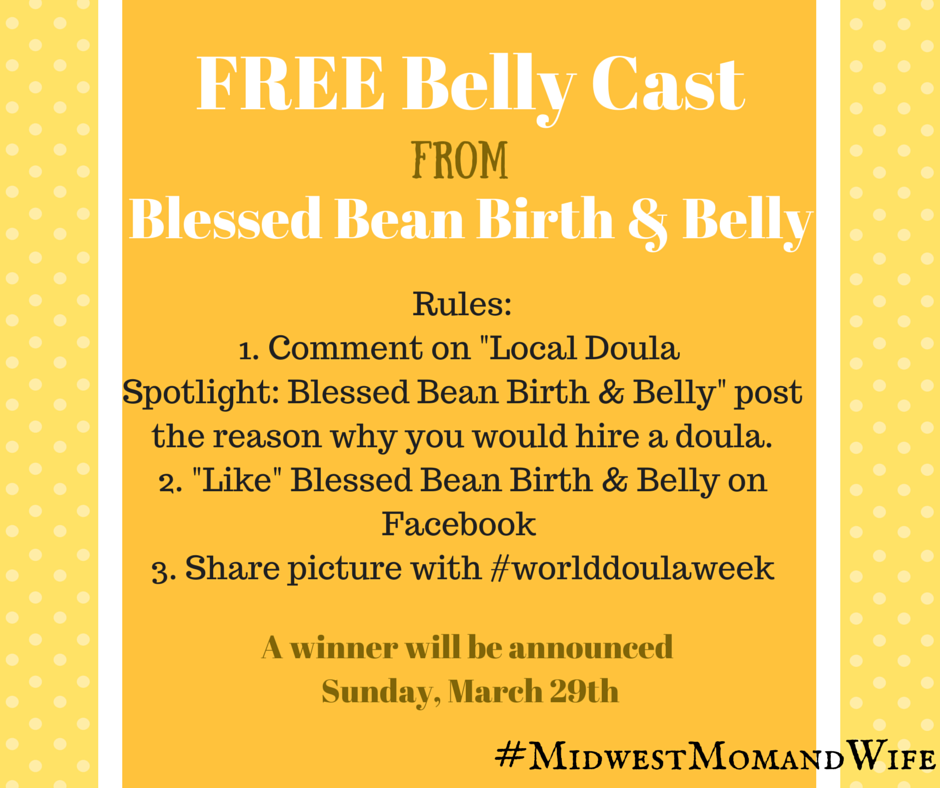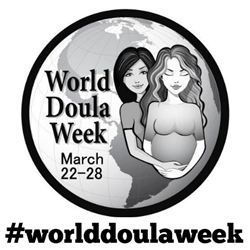You’ve already decided that hiring a doula to attend your birth is the right decision for you and your partner. You already know all the amazing things that doulas can do for you during pregnancy, birth, and postpartum after reading my previous article and you’re blown away by the research supporting the use of doulas. There are many ways to find a doula….here are a few ways to get started!
Word of mouth
Consult with your friends and family in the area. Did they have a good experience with a doula? Ask your chiropractor, massage therapist, yoga teacher, childbirth educator, physical therapist, etc. Asking people whose opinion you value and trust may help narrow the field to a handful of doulas that you may like to interview and get to know on a more personal level.
Doula Groups
Doula associations, agencies, and collectives are groups of doulas in a community. These groups meet on a regular basis for continuing education, support, and networking. These doula groups often have a website with their members listed with links to their profiles or personal websites.To learn more about the different ways doulas work, check out this concise article on the topic. Here in central Iowa, the Central Iowa Doula Association, Iowa Doula Agency, and Mid-Iowa Doulas are some great options!
Websites and Doula Match pages
Most doulas and doula groups have websites, social media pages, and/or a Doula Match profile. By viewing their online content, you should get a feel for a particular doula and the services they offer. Some doulas offer services at additional cost including placenta encapsulation, photography, childbirth education classes, breastfeeding and/or postpartum support, and fitness classes. Doula fees range in price, often by several hundred dollars based on their experience and services. Look for testimonials from past clients, or ask for references. If having a doula who is certified through a professional organization is important to you, you should be able to find that information on their website or profile. Doulas of North America (DONA), Childbirth and Postpartum Professional Association (CAPPA), and Birthworks International are some of the more widely known certifying organizations.
Start early in your pregnancy and schedule interviews
Doula schedules often fill up quickly, so don’t wait! You may be able to view a doula’s schedule on their website or Doula Match profile; otherwise, email or call to check availability for your estimated due date. Plan to interview at least two to three doulas and bring your birth partner! Doulas usually offer an interview or consultation at no cost or obligation. These interviews last about one hour and are often held in a coffee shop or other public place.
The interview
One of the most important aspects of the doula interview is to see if you and your partner feel comfortable and relaxed with the doula, and if you feel a personal connection. You may decide to ask questions about:
- the doula’s background, training, and experience with birth
- why they became a doula and what they enjoy about doula work
- what services the doula provides, including number, length, and topic of visits
- the doula’s fees and payment schedules
- if the doula has a back-up, what circumstances will one be used, and if you can meet the back-up
- the types of comfort techniques the doula typically provides
- experience with certain providers, birthing locations, or types of birth
Be prepared for questions from your doula! Doulas often want to know about the type of birth you envision, if you are taking childbirth education classes, and how you’d like your doula to support you and your partner. After you’ve interviewed the doulas you are interested in, think about it! Most doulas give you a few days or a week to consider your decision. Once you have chosen your doula, she will provide you with a contract to consider. This contract protects both of you by outlining fees and when they are due, back-up doula situations, expectations of both you and the doula, and more.
Now that you know how to get started, go out there and find the doula that is right for you! Because every mom deserves support, encouragement, respect, and peace on the day of her baby’s birth. You got this!
About the Author
 Kelli Brus CD(DONA) is a mom of two wonderful girls and has been married to her husband since 2007. She lives in Urbandale and is currently taking a break from teaching with Des Moines Public Schools to take care of her little ones and focus on doula work. After her second birth experience, attended by a doula, she knew this was the type of work she wanted to do. She is certified through DONA International (Doulas of North America) and is part of the Central Iowa Doula Association (CIDA). Making sure all moms have support and respect during their birth experiences is so meaningful to Kelli and why she is so dedicated to doula work.
Kelli Brus CD(DONA) is a mom of two wonderful girls and has been married to her husband since 2007. She lives in Urbandale and is currently taking a break from teaching with Des Moines Public Schools to take care of her little ones and focus on doula work. After her second birth experience, attended by a doula, she knew this was the type of work she wanted to do. She is certified through DONA International (Doulas of North America) and is part of the Central Iowa Doula Association (CIDA). Making sure all moms have support and respect during their birth experiences is so meaningful to Kelli and why she is so dedicated to doula work.
